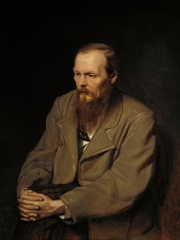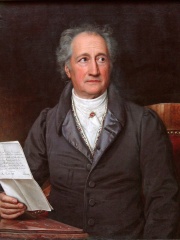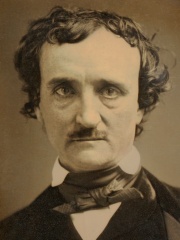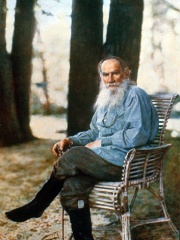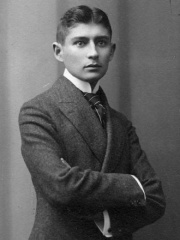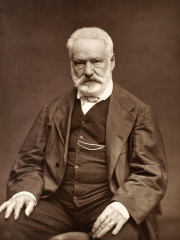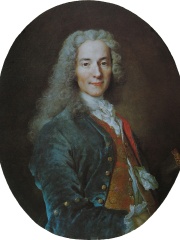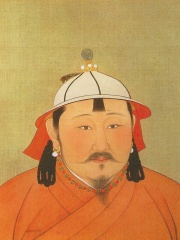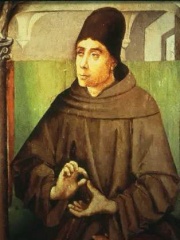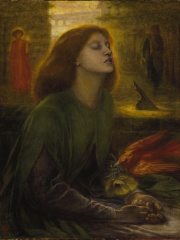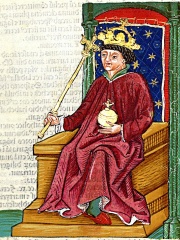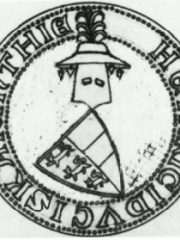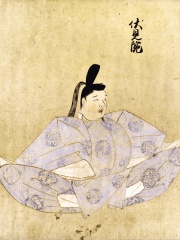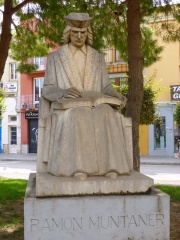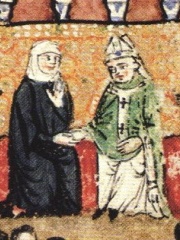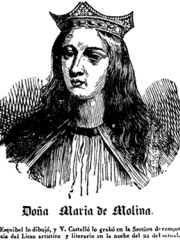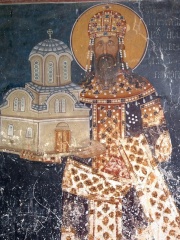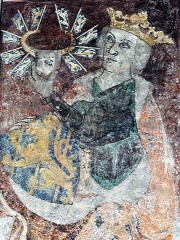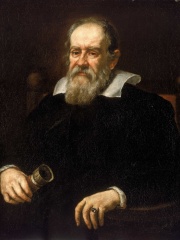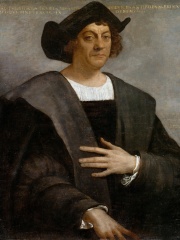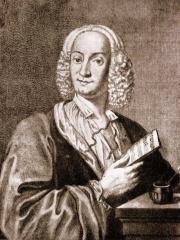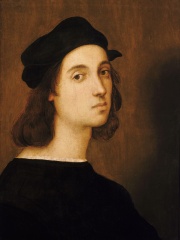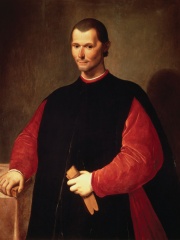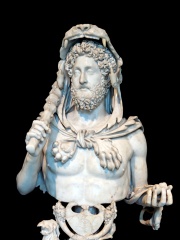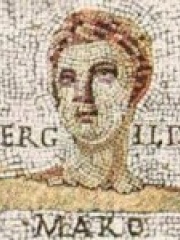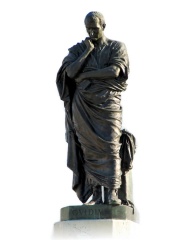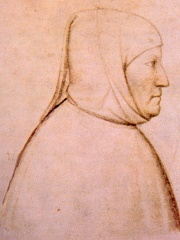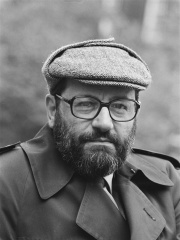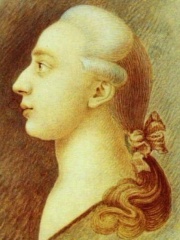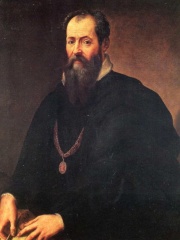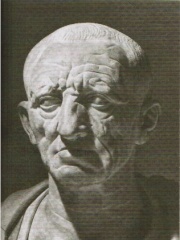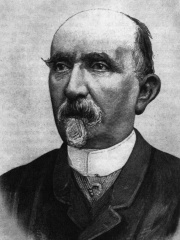WRITER
Dante Alighieri
1265 - 1321
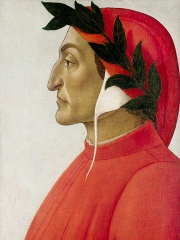
 Dante Alighieri
Dante Alighieri
Dante Alighieri (Italian: [ˈdante aliˈɡjɛːri]; most likely baptized Durante di Alighiero degli Alighieri; c. May 1265 – September 14, 1321), widely known mononymously as Dante, was an Italian poet, writer, and philosopher. His Divine Comedy, originally called Comedìa (modern Italian: Commedia) and later christened Divina by Giovanni Boccaccio, is widely considered one of the most important poems of the Middle Ages and the greatest literary work in the Italian language. At a time when Latin was still the dominant language for scholarly and literary writing—and when many Italian poets drew inspiration from French or Provençal traditions—Dante broke with both by writing in the vernacular, specifically his native Tuscan dialect. His De vulgari eloquentia (On Eloquence in the Vernacular) was one of the first scholarly defenses of the vernacular. Read more on Wikipedia
His biography is available in 192 different languages on Wikipedia (up from 187 in 2024). Dante Alighieri is the 4th most popular writer (down from 2nd in 2024), the 8th most popular biography from Italy and the most popular Italian Writer.
Dante Alighieri is most famous for writing the Divine Comedy, a three-part epic poem that tells the story of Dante's journey through Hell, Purgatory, and Heaven.
Memorability Metrics
Page views of Dante Alighieri by language
Among WRITERS
Among writers, Dante Alighieri ranks 4 out of 7,302. Before him are Homer, Fyodor Dostoevsky, and William Shakespeare. After him are Johann Wolfgang von Goethe, J. R. R. Tolkien, Edgar Allan Poe, Hans Christian Andersen, Leo Tolstoy, Franz Kafka, Victor Hugo, and Voltaire.
Most Popular Writers in Wikipedia
Go to all RankingsHomer
800 BC - 750 BC
HPI: 95.41
Rank: 1
Fyodor Dostoevsky
1821 - 1881
HPI: 93.20
Rank: 2
William Shakespeare
1564 - 1616
HPI: 92.59
Rank: 3
Dante Alighieri
1265 - 1321
HPI: 92.13
Rank: 4
Johann Wolfgang von Goethe
1749 - 1832
HPI: 90.96
Rank: 5
J. R. R. Tolkien
1892 - 1973
HPI: 90.69
Rank: 6
Edgar Allan Poe
1809 - 1849
HPI: 90.35
Rank: 7
Hans Christian Andersen
1805 - 1875
HPI: 90.14
Rank: 8
Leo Tolstoy
1828 - 1910
HPI: 89.82
Rank: 9
Franz Kafka
1883 - 1924
HPI: 89.62
Rank: 10
Victor Hugo
1802 - 1885
HPI: 89.52
Rank: 11
Voltaire
1694 - 1778
HPI: 89.44
Rank: 12
Contemporaries
Among people born in 1265, Dante Alighieri ranks 1. After him are Temür Khan, Duns Scotus, Beatrice Portinari, Andrew III of Hungary, Alfonso III of Aragon, Henry of Bohemia, Emperor Fushimi, Ramon Muntaner, Otto III, Duke of Carinthia, Lucia, Countess of Tripoli, and María de Molina. Among people deceased in 1321, Dante Alighieri ranks 1. After him are Yunus Emre, Stefan Milutin, Birger, King of Sweden, Matthew III Csák, María de Molina, and Ibn al-Banna' al-Marrakushi.
Others Born in 1265
Go to all RankingsDante Alighieri
WRITER
1265 - 1321
HPI: 92.13
Rank: 1
Temür Khan
POLITICIAN
1265 - 1307
HPI: 79.82
Rank: 2
Duns Scotus
PHILOSOPHER
1265 - 1308
HPI: 76.64
Rank: 3
Beatrice Portinari
RELIGIOUS FIGURE
1265 - 1290
HPI: 72.27
Rank: 4
Andrew III of Hungary
POLITICIAN
1265 - 1301
HPI: 70.66
Rank: 5
Alfonso III of Aragon
POLITICIAN
1265 - 1291
HPI: 69.87
Rank: 6
Henry of Bohemia
POLITICIAN
1265 - 1335
HPI: 69.82
Rank: 7
Emperor Fushimi
POLITICIAN
1265 - 1317
HPI: 66.24
Rank: 8
Ramon Muntaner
POLITICIAN
1265 - 1336
HPI: 65.03
Rank: 9
Otto III, Duke of Carinthia
POLITICIAN
1265 - 1310
HPI: 62.76
Rank: 10
Lucia, Countess of Tripoli
POLITICIAN
1265 - 1299
HPI: 62.17
Rank: 11
María de Molina
POLITICIAN
1265 - 1321
HPI: 62.11
Rank: 12
Others Deceased in 1321
Go to all RankingsDante Alighieri
WRITER
1265 - 1321
HPI: 92.13
Rank: 1
Yunus Emre
WRITER
1240 - 1321
HPI: 72.13
Rank: 2
Stefan Milutin
POLITICIAN
1253 - 1321
HPI: 70.45
Rank: 3
Birger, King of Sweden
POLITICIAN
1280 - 1321
HPI: 66.10
Rank: 4
Matthew III Csák
RELIGIOUS FIGURE
1260 - 1321
HPI: 64.26
Rank: 5
María de Molina
POLITICIAN
1265 - 1321
HPI: 62.11
Rank: 6
Ibn al-Banna' al-Marrakushi
MATHEMATICIAN
1256 - 1321
HPI: 62.09
Rank: 7
In Italy
Among people born in Italy, Dante Alighieri ranks 8 out of 5,161. Before him are Marco Polo (1254), Galileo Galilei (1564), Christopher Columbus (1451), Julius Caesar (-100), Michelangelo (1475), and Archimedes (-287). After him are Augustus (-63), Antonio Vivaldi (1678), Raphael (1483), Niccolò Machiavelli (1469), Pope John Paul I (1912), and Commodus (161).
Others born in Italy
Go to all RankingsMarco Polo
EXPLORER
1254 - 1324
HPI: 96.21
Rank: 2
Galileo Galilei
ASTRONOMER
1564 - 1642
HPI: 95.08
Rank: 3
Christopher Columbus
EXPLORER
1451 - 1506
HPI: 94.91
Rank: 4
Julius Caesar
POLITICIAN
100 BC - 44 BC
HPI: 93.78
Rank: 5
Michelangelo
PAINTER
1475 - 1564
HPI: 93.54
Rank: 6
Archimedes
MATHEMATICIAN
287 BC - 212 BC
HPI: 93.41
Rank: 7
Dante Alighieri
WRITER
1265 - 1321
HPI: 92.13
Rank: 8
Augustus
POLITICIAN
63 BC - 14
HPI: 92.03
Rank: 9
Antonio Vivaldi
COMPOSER
1678 - 1741
HPI: 91.00
Rank: 10
Raphael
PAINTER
1483 - 1520
HPI: 90.99
Rank: 11
Niccolò Machiavelli
PHILOSOPHER
1469 - 1527
HPI: 90.45
Rank: 12
Pope John Paul I
RELIGIOUS FIGURE
1912 - 1978
HPI: 89.80
Rank: 13
Commodus
POLITICIAN
161 - 192
HPI: 89.79
Rank: 14
Among WRITERS In Italy
Among writers born in Italy, Dante Alighieri ranks 1. After him are Virgil (-70), Ovid (-43), Petrarch (1304), Giovanni Boccaccio (1313), Horace (-65), Umberto Eco (1932), Giacomo Casanova (1725), Giorgio Vasari (1511), Cato the Elder (-243), Carlo Collodi (1826), and Plautus (-254).
Dante Alighieri
1265 - 1321
HPI: 92.13
Rank: 1
Virgil
70 BC - 19 BC
HPI: 88.05
Rank: 2
Ovid
43 BC - 17
HPI: 86.87
Rank: 3
Petrarch
1304 - 1374
HPI: 86.60
Rank: 4
Giovanni Boccaccio
1313 - 1375
HPI: 85.98
Rank: 5
Horace
65 BC - 8 BC
HPI: 84.80
Rank: 6
Umberto Eco
1932 - 2016
HPI: 83.13
Rank: 7
Giacomo Casanova
1725 - 1798
HPI: 83.07
Rank: 8
Giorgio Vasari
1511 - 1574
HPI: 82.06
Rank: 9
Cato the Elder
243 BC - 149 BC
HPI: 79.82
Rank: 10
Carlo Collodi
1826 - 1890
HPI: 79.68
Rank: 11
Plautus
254 BC - 184 BC
HPI: 79.62
Rank: 12

